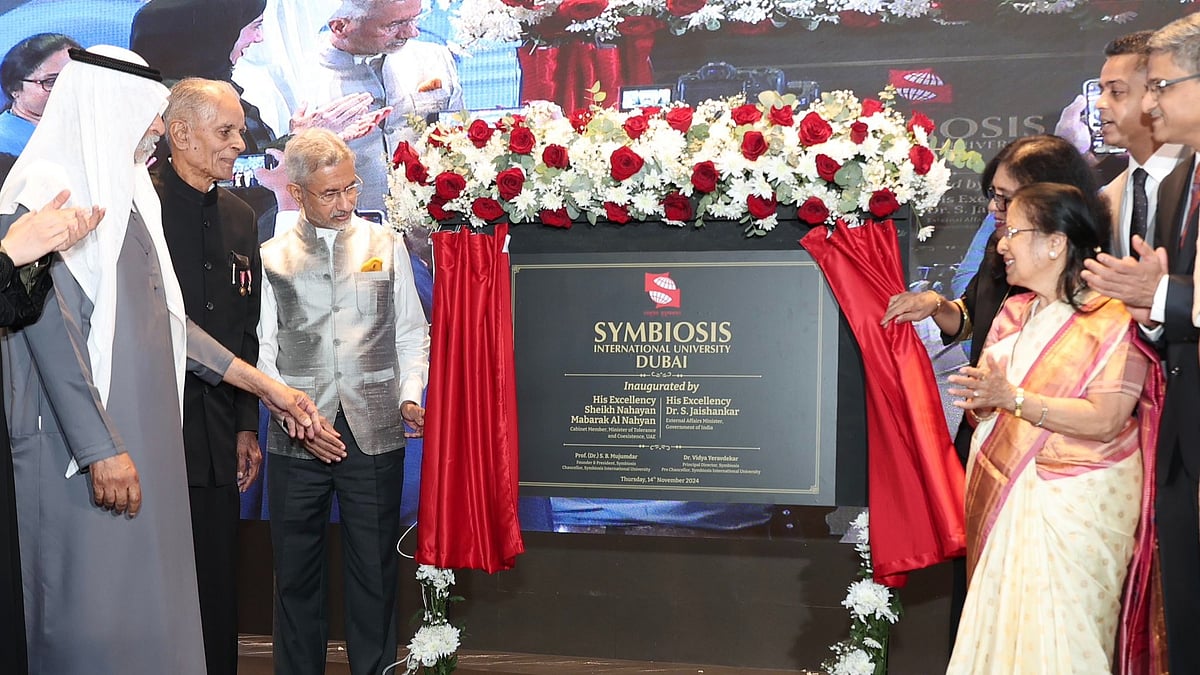Many social reformers went up against the system to change how the world functioned. Had these personalities not been there, we wouldn't know life as we do.
Keshab Chunder Sen, also spelt as Keshub Chandra Sen, was one such reformer. Born in 1838, Sen was a Hindu philosopher and reformer who attempted to incorporate Christian theology into the framework of Hindu thought.
The social reformer died on January 8 in 1884.
Ahead of his death anniversary, here are some facts to know about him:
Sen was born to Calcutta's one of the prominent families and was well educated. At 19, he became part of Brahmo Samaj founded by reformer Raja Ram Mohan Roy.
While Brahmo Samaj was intended to revitalise Hindu religion through Vedas and ancient sources, Sen held the belief that Christian doctrine could give new lease of life to stratified Hindu society.
Sen had brought many changes using Christian missionary methods which include organising relief campaigns for poor, established schools for children and adults, founded inexpensive publications to make reading material accessible.
He was instrumental in having marriage rites of his society getting legal sanction; promoted widow remarriages and intercaste marriages.
The social reformer in 1866 had established a new society called, Bharatvarshiya Brahmo Samaj (Brahmo Samaj of India). But he later organised a new society called Naba Bidhan or Nava Vidhana (New Dispensation).
Keshub Chandra had to establish a new society since his followers broke away after he allowed his 14-year-old daughter to marry son of maharaja of Cooch Behar despite being in opposition of child marriage.
He restored numerous ancient Vedic rituals and sent 12 students to preach under a flag with the symbols—a crescent, a cross, and a trident—of Islam, Christianity, and Shaivism (the branch of Hinduism that worships Shiva as the ultimate reality).










